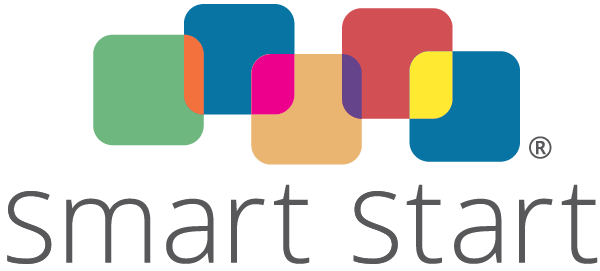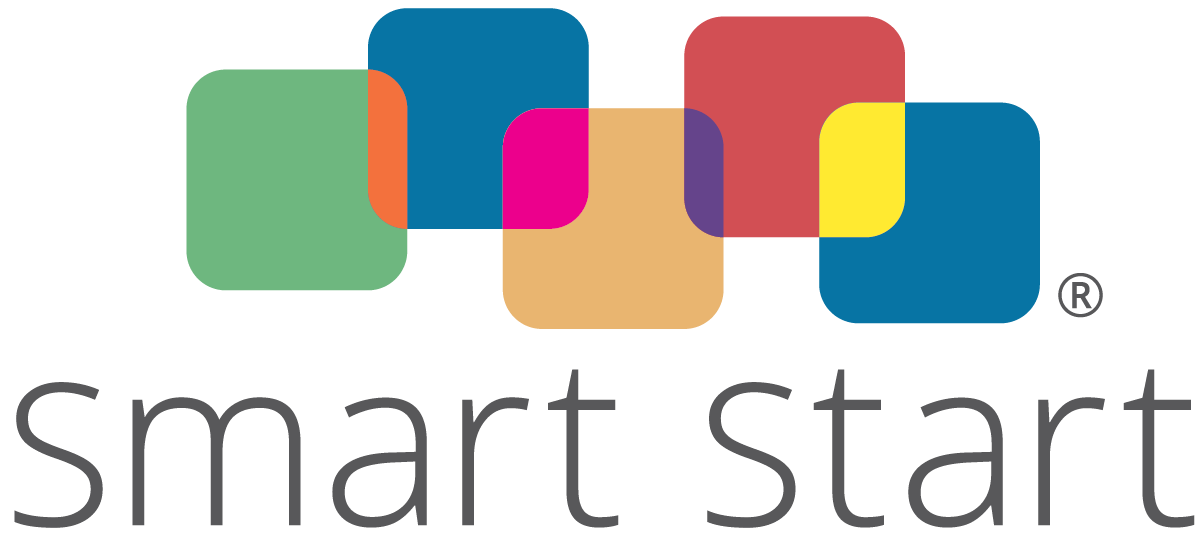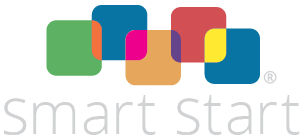Reflections on the Hunt-Lee Commission and Report
“We have built a stepping stone not a stumbling block…,”
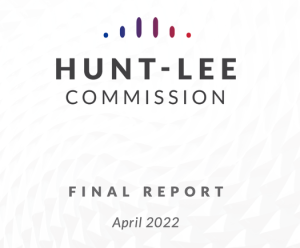 “We have built a stepping stone not a stumbling block…,” Senator Howard Lee reminded us, as he and Senator Michael Lee, Co-Chairs of the Hunt-Lee Commission, closed out our last convening of the Hunt-Lee Commission at the end of April. The two Senator Lee’s, one retired and one currently serving in the NC General Assembly, led us through the development of 16 recommendations during 8 months of work together focused on improving North Carolina’s education system from birth through workforce development. The Commission calls upon us all to work together, in a bipartisan and multidisciplinary manner, to implement recommendations that build on what we have, invite and test new ideas, and implement proven solutions.
“We have built a stepping stone not a stumbling block…,” Senator Howard Lee reminded us, as he and Senator Michael Lee, Co-Chairs of the Hunt-Lee Commission, closed out our last convening of the Hunt-Lee Commission at the end of April. The two Senator Lee’s, one retired and one currently serving in the NC General Assembly, led us through the development of 16 recommendations during 8 months of work together focused on improving North Carolina’s education system from birth through workforce development. The Commission calls upon us all to work together, in a bipartisan and multidisciplinary manner, to implement recommendations that build on what we have, invite and test new ideas, and implement proven solutions.
It was an honor to serve and learn alongside such incredibly smart, creative, and dedicated partners from state, county, and local government; higher education and research; and business, as well as educators from across the age and grade continuum, to find solutions to historic, seemingly intractable barriers to accessing a high-quality education for every child in North Carolina.
By far, my greatest takeaway of the months of exploration, learning, and analysis while serving on the Commission to strengthen North Carolina’s education system, was the resounding commitment from the Commission to improving opportunities for high-quality, comprehensive care and education for young children, beginning at birth. Woven throughout our discussions was the shared agreement of the critical importance of building a strong foundation in the earliest years of a child’s life by ensuring they grow up and learn in healthy, safe environments with nurturing caregivers and teachers.
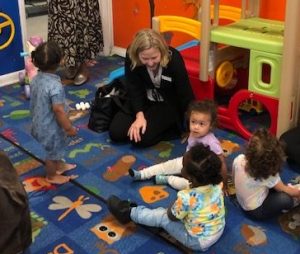 For any of us who have been discouraged as teachers in the early care and education profession upon hearing our gratifying yet exhausting work dismissed as simply babysitting or custodial care, it is critical to have recognition from colleagues across the education continuum for our work. This work is crucial for its invaluable contributions to success on a host of physical, cognitive, and social-emotional outcomes later in life.
For any of us who have been discouraged as teachers in the early care and education profession upon hearing our gratifying yet exhausting work dismissed as simply babysitting or custodial care, it is critical to have recognition from colleagues across the education continuum for our work. This work is crucial for its invaluable contributions to success on a host of physical, cognitive, and social-emotional outcomes later in life.
The Final Report and Early Childhood
In fact, in the final report, I count 6 of the 16 recommendations as having a connection to early childhood care and education, broadly defined, including:
- Increase the availability of child care subsidies
- Reduce barriers to access for NC Pre-K
- Identify opportunities to make early childhood education a financially viable career
- Incentivize providers to open more spaces for infant and toddler care
- Expand home visiting programs
- Increase non-academic supports for postsecondary students (not exclusively about early childhood education but child care is a key support for many post-secondary students who are often parents of young children)
The time has come to take action after the many months of study and discussion. Let’s adopt the recommendations through concrete policy changes and increased resources to fund effective bedrock and innovative programs, both in early childhood and across the age and grade spectrum through higher education, for the well-being of all children – and indeed, all of us – in North Carolina!
